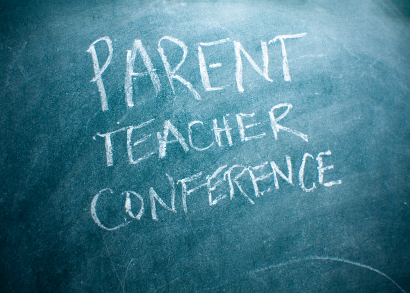Fluency is the ability to read text at an appropriate rate with accuracy and expression. We often explain to students that fluent readers read like they are talking, in a smooth and not choppy manner. We measure fluency regularly because it is an indicator of comprehension. Research tells us that fluent readers have more brain energy available for comprehension, which is the ultimate goal of reading. The less energy a student expends on decoding words, the more energy is available for higher level thinking. Follow this link for a great article on fluency from Reading Rockets, including tips on how to help students who struggle:
Readers can build fluency by reading and rereading text at their own independent level. With all of the books to choose from, it is difficult to know which books are “just right” for your child. Ideally, your child should be reading books that are not too hard (the most recent research suggests 98% accuracy or higher!). Often students self-select too difficult books that require significant inferential understanding and contain lots of dialogue and tricky words, then become frustrated with reading because it is too hard and the story does not make sense. Reading books that are too hard also causes children to develop bad habits; when a book is too hard, children’s understanding is only at the surface level and they don’t train themselves to think deeply about text.
With that in mind, I encourage you to explore Raz Kids. Raz Kids is a website that provides your child with access to digital books at his or her own independent level. Every elementary student in Natick has a Raz Kids subscription. Students log on and select a just right book within a level chosen by the classroom teacher. Students can listen to the book, record themselves reading the book, and take a quiz on the book. They earn points toward incentives such as the “Raz Rocket” or “Robot Builder” features. The classroom teacher can assign specific books for students to record, see Raz Kids activity, hear recordings, see quiz results, and send messages to students. Raz Kids also has a free app available for iPad, Android, or Kindle Fire. Click here for a brief overview video from Schooltube:
Please feel free to contact me or your child’s classroom teacher if you have any questions about Raz Kids (including login and password) or want suggestions for other just right books.
Kristin Stoetzel
Ben-Hem Reading Specialist
kstoetzel@natickps.org



